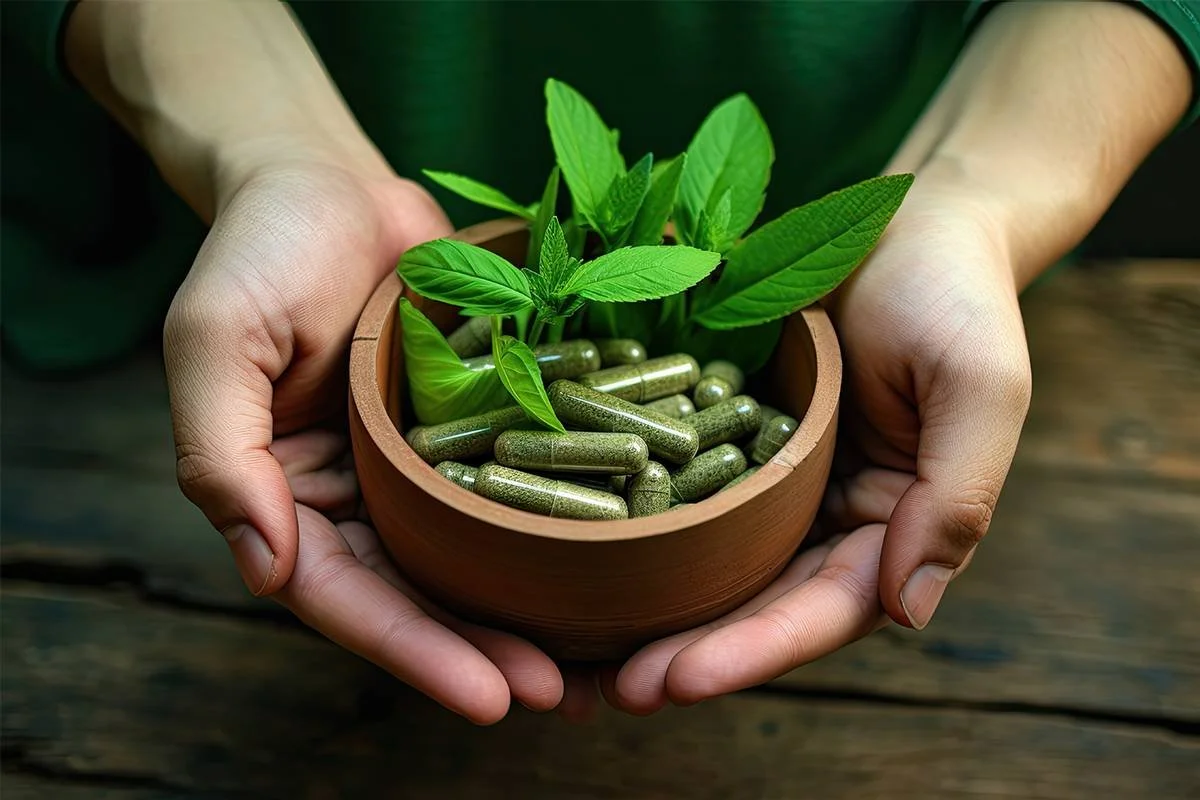Kratom Addiction Treatment at SUMAT Centers
Break Free from Kratom Dependence
Kratom (Mitragyna speciosa) is a tropical tree native to Southeast Asia. Products made from its leaves are sold widely online and in stores across the U.S. While many people turn to kratom to self-treat pain, anxiety, depression, or even opioid withdrawal, regular use can lead to dependence, withdrawal, and serious health risks.
At SUMAT Centers, we provide safe, evidence-based treatment for individuals struggling with kratom dependence. Our goal is to help you achieve recovery and regain control of your life.
Call us today at (410) 406-1800 to schedule a confidential consultation.
How Kratom Works
Understanding Kratom’s Effects on the Brain
Kratom contains two main chemical compounds: mitragynine and 7-hydroxymitragynine (7-OH-MG). These substances act on the same brain receptors as opioids, which explains its pain-relieving and euphoric effects. However, kratom also impacts other brain systems:
Mu opioid receptors – similar to opioid drugs like codeine, leading to risk of dependence.
Serotonin, dopamine, and norepinephrine systems – influencing mood, energy, and behavior.
Kappa opioid receptors – linked with mood and perception changes.
While users may feel temporary relief, over time these effects can cause tolerance, dependence, and withdrawal symptoms.
Risks of Kratom Use
What the FDA Says About Kratom?
The FDA has warned consumers not to use kratom due to serious risks, including:
Liver toxicity
Seizures
Substance use disorder (SUD)
Withdrawal in newborns (if mothers use kratom during pregnancy)
Contamination risks – some kratom products have been found tainted with Salmonella or dangerous levels of heavy metals.
In rare cases, kratom has been linked to death, though often in combination with other substances.
Signs of Kratom Dependence
If you or a loved one is struggling with kratom, you may notice:
Using kratom longer or in larger amounts than intended
Cravings or strong urges to use
Withdrawal symptoms (such as irritability, muscle aches, anxiety) when stopping
Needing more kratom to feel the same effect (tolerance)
Continuing use despite negative consequences
If these symptoms sound familiar, treatment can help.
Our Approach to Kratom Treatment
Compassionate, Evidence-Based Care
At SUMAT Centers, our medical team uses Medication-Assisted Treatment (MAT) and individualized recovery programs to support patients through kratom withdrawal and long-term recovery.
Our approach includes:
Medical assessment & detox support
Medications to reduce cravings & withdrawal symptoms
Behavioral therapies & counseling
Ongoing recovery support
We’ve already helped patients in Baltimore, Dundalk, Towson, and Elkridge overcome kratom dependence—and we’re here to help you too.

